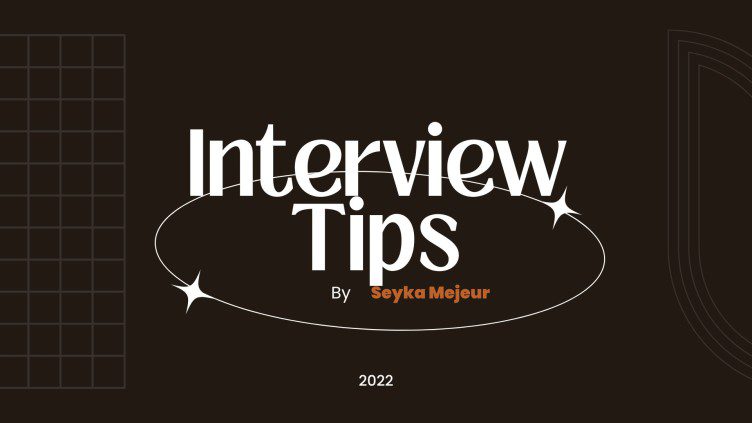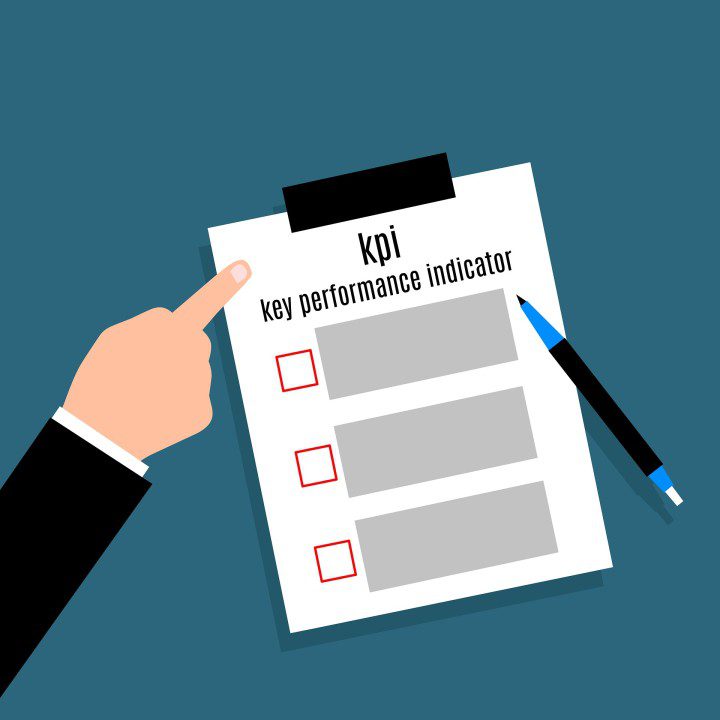You may have seen my article Biggest Mistakes Candidates Make in Interviews, today I wanted to look at it from another angle – the best practices for candidates in interviews.
In my career in talent acquisition, and now leading AdAstra Talent Advisors a NewSpace and cleantech headhunting firm, I’ve seen exceptional interviewees, and interviewees who could use a lot of help. I’ve interviewed highly technical people with niche specialties, and I’ve interviewed many leaders and executives. In this post, I will share key takeaways that you can use to help highlight your skills to stand out as one of the “wows”.
- Do your research before heading into the interview. Look up the company, key players, and if available, the profile of the people you will be interviewing with.
- During the actual interview, connect with the person you’re interviewing, and remember that their impression of you matters, even if they are not the hiring manager. (E.g., Use some of the intelligence you gathered in your research to ask something relevant to them.)
- Discover the key problems the interviewer or team is trying to solve and share how you are uniquely situated to solve that problem.
- Prepare stories about your most impressive accomplishments and be ready to tell them concisely when a relevant question comes up. This enables you to share your expertise and background with ease, in a more natural way.
- Listen well, and answer questions efficiently. Some candidates make the mistake of not knowing when to stop talking. Once you have hit the key points, ask if any clarification is needed. “Does this answer your question?”
- Review the job description before the interview and be ready with examples of your experience, with all requirements addressed. Also be prepared to address any requirements of the job description that you don’t yet have. Some of our best interviewees make notes after each line of the job description, as a reminder to themselves to bring up their related experience, checking off each as they proceed in the live interview.
- Come prepared with your own questions beyond the basics (salary, job location, title, etc.) Ask things that are both important to you, and also show the interviewer that you are interested in their business, their needs, their culture, or other aspects. Remember that the questions you ask will be remembered, and they are an important part of making an impression.
- At the end of the interview ask if there is anything about you or your experience that gives the interviewer pause or anything that would improve your candidacy for the position. Asking this bold question gives the interviewer an opportunity to give you insights for giving more information right then, or in the next interview.
- Follow up with a thank you email within 24 hours of the interview. Ideally this is not an email that simply says “thank you for your time and consideration”. Instead make the message useful and memorable. Use this note to add any additional qualifications or information you may have forgotten to mention, send a picture of something you talked about during the interview, or let them know why you are excited about the opportunity.
- If this opportunity came to you via a friend, colleague, headhunter or other helpful resource, it is considerate to let them know how the interview went, and to thank them (again) for making the connection. If you do land the role, a hand-written thank you note and/or gift of appreciation can make a difference and help strengthen a productive relationship.
What other great interviewing tips do you have? Please share them in the comments or let me know on my LinkedIn article!














